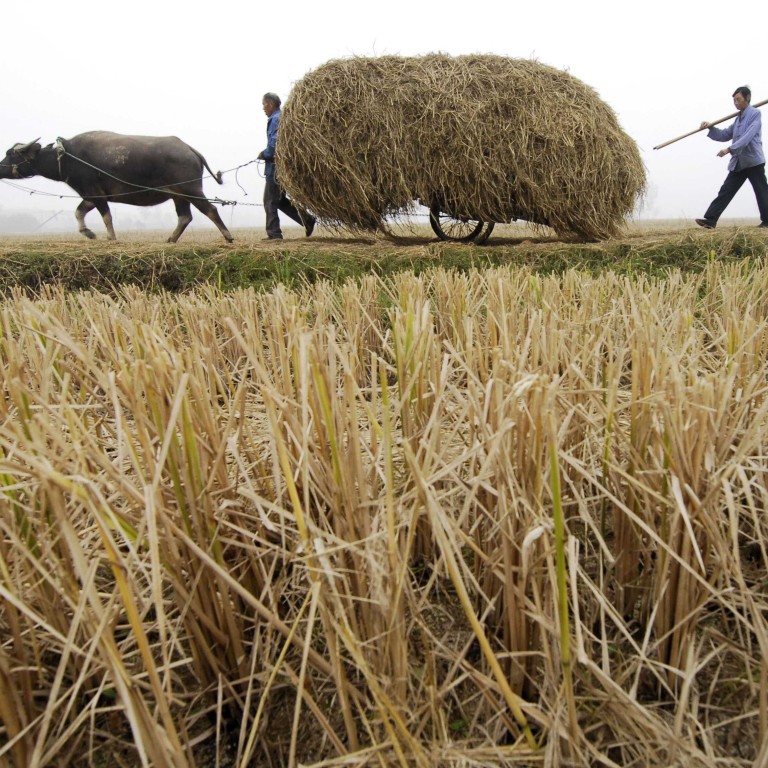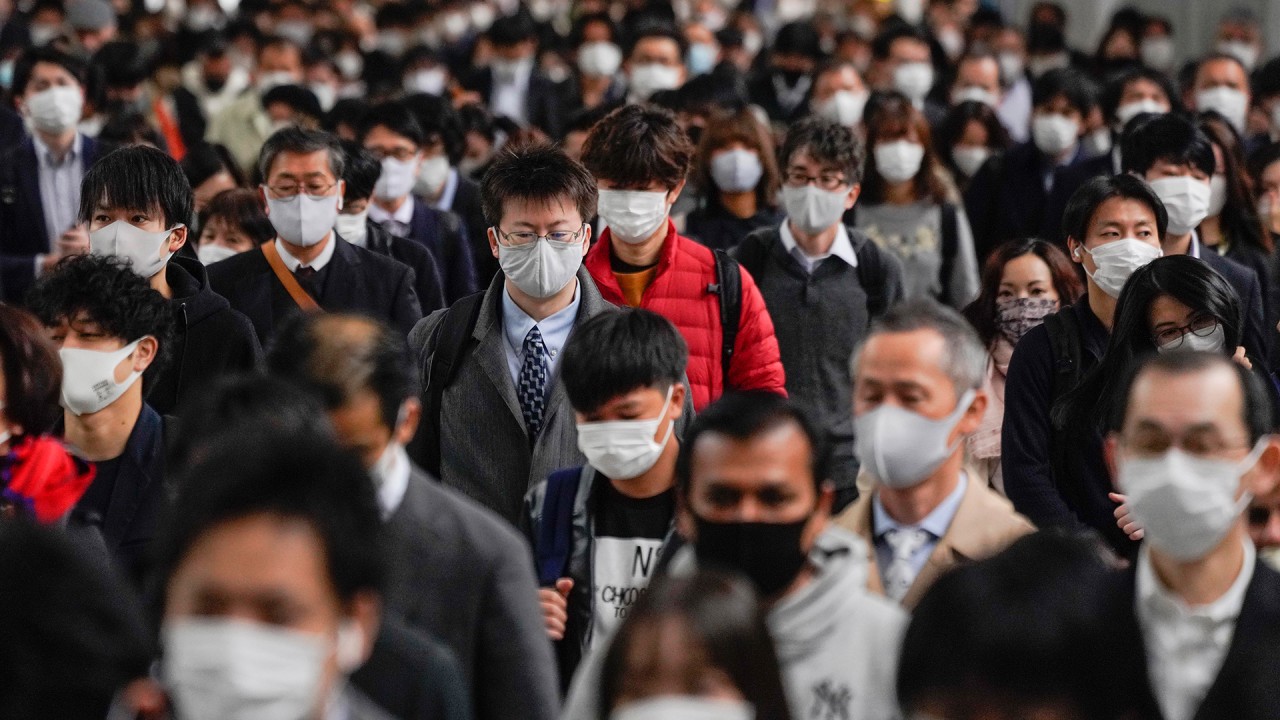
Chinese local governments ban rural weddings and funerals to halt spread of Covid-19
- The mass gatherings can involve thousands of villagers and have been linked to the latest outbreak in Hebei province
- China reported a total of 136 new infections on Monday, including imported and asymptomatic cases
China reported 55 newly confirmed cases by the end of Monday, including 13 imported cases and 42 locally transmitted ones.
Of the latter, 40 happened in Hebei, the north province surrounding Beijing, one in the capital itself and one in the northeastern province of Heilongjiang.
A total of 81 asymptomatic cases were also recorded on Monday, which were not included in the official tally.

04:14
Covid-19: coronavirus variants seen in Britain, South Africa spread worldwide
Outlying villages around the two cities account for around 70 per cent of cases in the latest outbreak.
Those infected had attended weddings, funerals or other village activities in recent weeks, according to the local health authorities.
Hebei legislature postpones annual session amid surge in Covid-19 cases
Hebei had recorded 305 locally transmitted cases and 227 asymptomatic ones as of Monday.
Langfang, another city in Hebei, has told residents to “stay at home for observation for seven days” starting from Tuesday and began a mass testing programme after a resident tested positive following a trip to Shijiazhuang.
Hubei has also banned mass gatherings in rural areas. It issued a notice last week, urging all residents not to host banquets or invite relatives and friends to weddings and funerals in the run up to Lunar New Year, which falls on February 12 this year.
Similar bans have been introduced in other parts of the country, including rural areas in Beijing and Shenyang, the capital of Liaoning province.

Jinzhong city in Shanxi province also announced “strict controls on gatherings” on Monday, with weddings, funerals, public ceremonies, performances and other events banned after it recorded two asymptomatic cases, both from Hebei.
“While respiratory infectious diseases are easier to spread in winter, intensive social events such as weddings and funerals in villages accelerated the transmissions,” Feng Zijian, deputy director of the Chinese Centre for Disease Control and Prevention told state news agency Xinhua.
Funerals and weddings in China’s rural areas sometimes involve hundreds and maybe even thousands of guests. They are an important element of traditional Chinese culture and low attendances involve a huge loss of face for the families.
Public reaction to the bans on social media was mixed.
One post on Weibo read: “Life and health is more important than face and pomp. We should learn a lesson from the Hebei outbreak.”
Chinese capital on alert as coronavirus spreads next door in Hebei
However, another Weibo user argued: “Funerals and weddings are just social customs. What the government should do is to improve medical services and awareness in rural areas, instead of simply calling the events to a halt.”
There are around 600 million people living in the countryside in China. While the government concentrated on the risk of the coronavirus spreading in cities, it had underestimated or even ignored the risk of it spreading in rural areas, according to Wu Hao, a member of a specialist team from the National Health Commission.
“The Hebei outbreak rang an alarm bell,” Wu told Xinhua, noting that poor public health awareness, mass gatherings and failures at a grass-roots level were to blame for the outbreaks.

